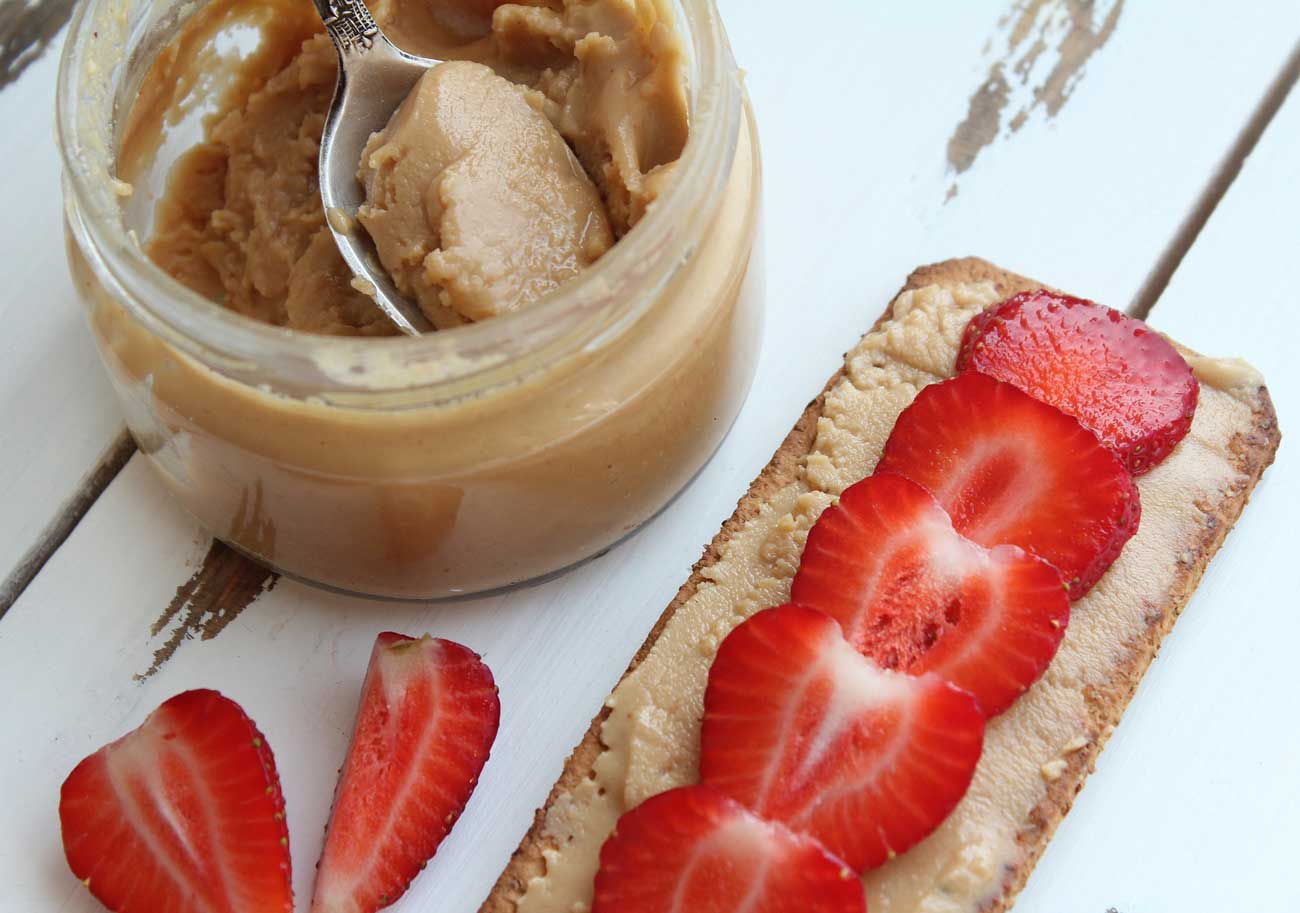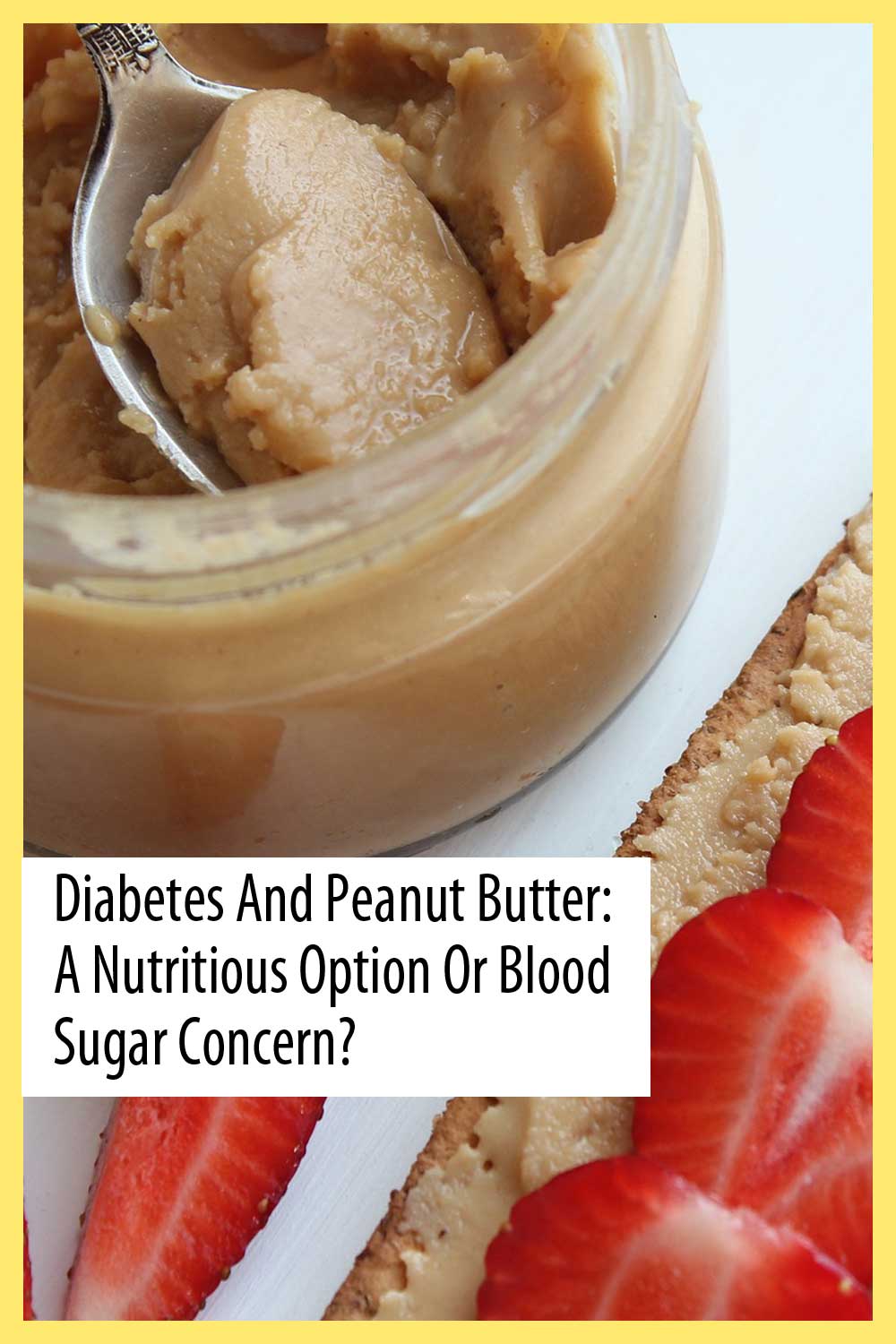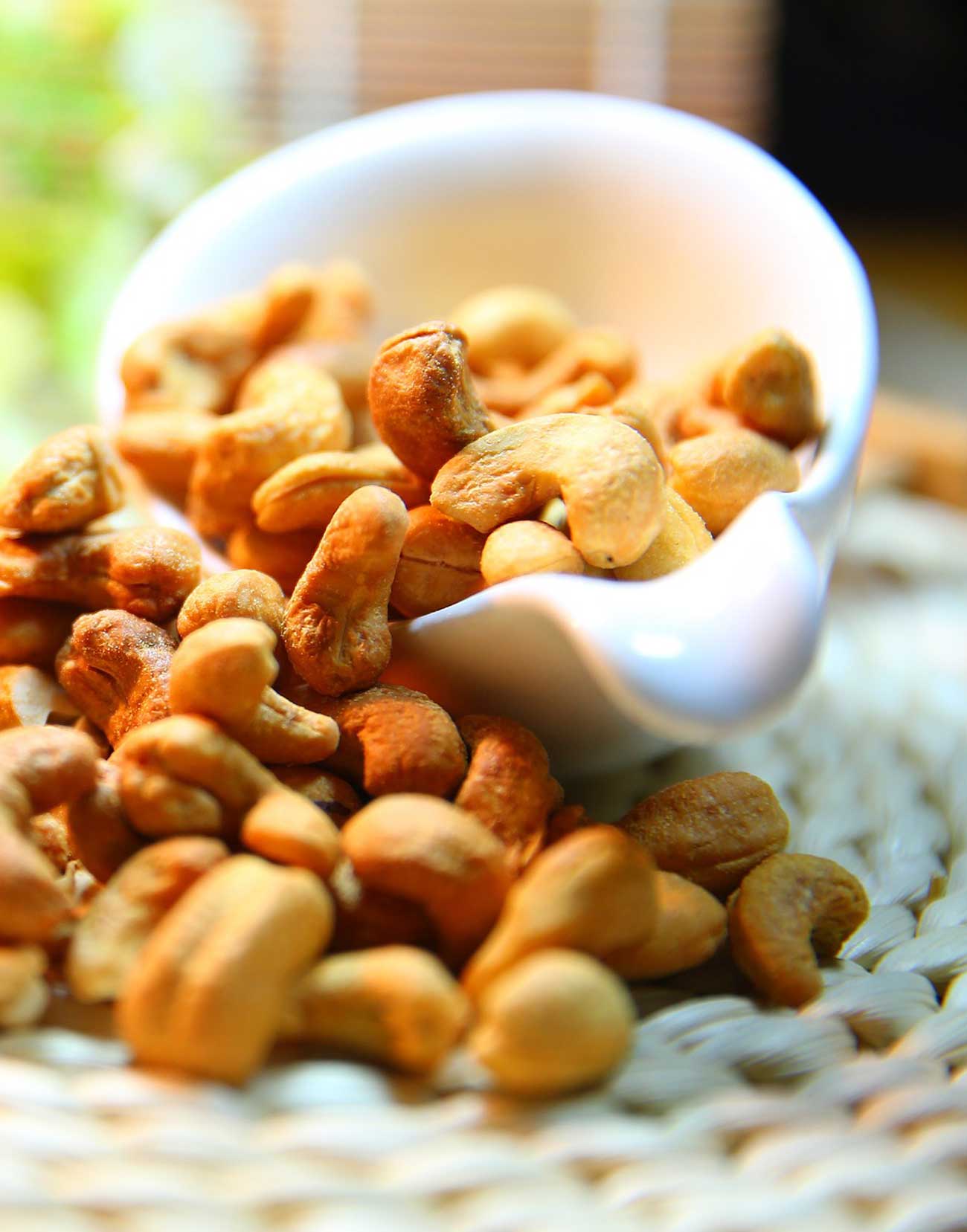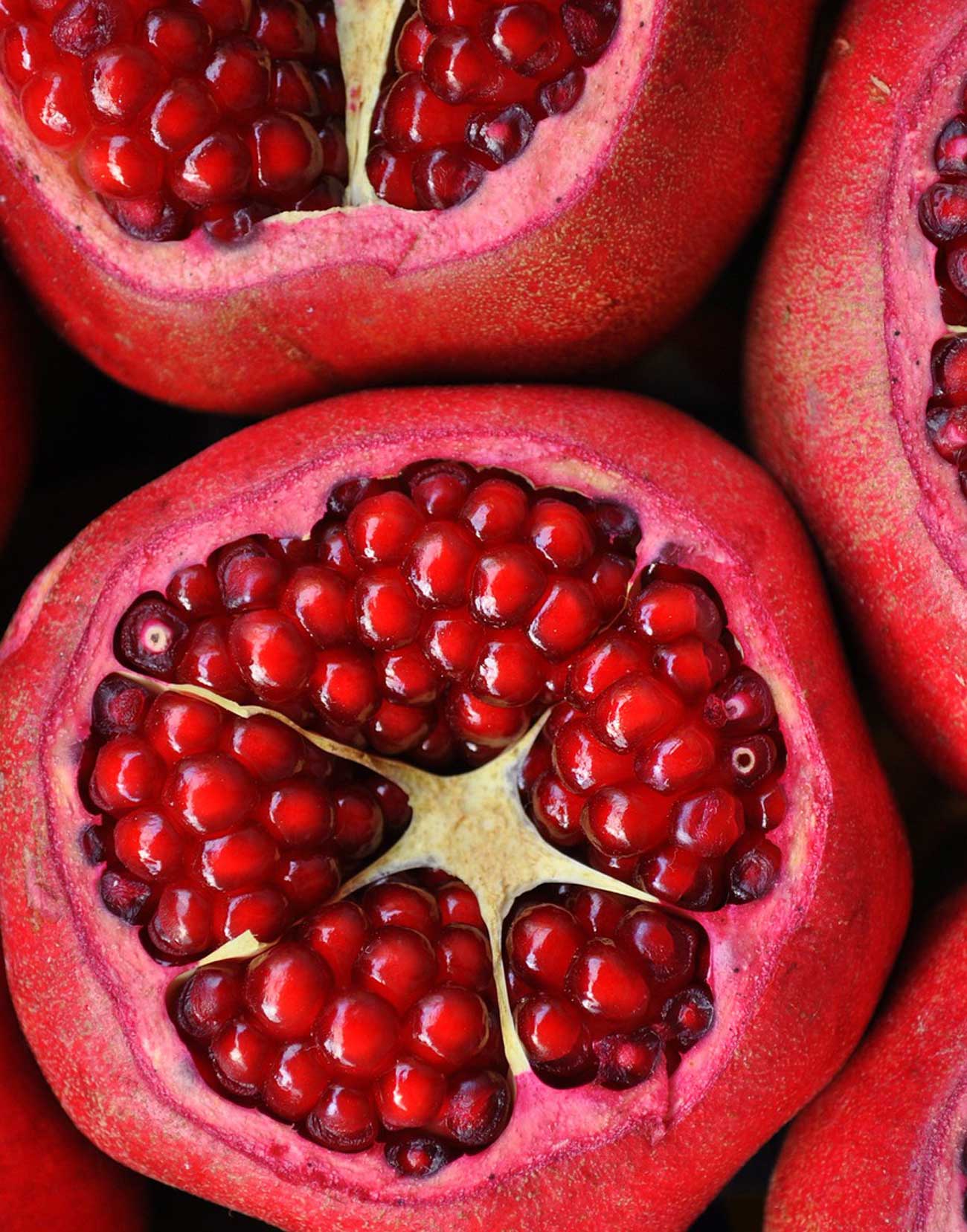
Diabetes and Peanut Butter: A Nutritious Option or Blood Sugar Concern?
For individuals managing diabetes, maintaining a balanced and nutritious diet is crucial. Peanut butter, a beloved and versatile spread, often finds its way into many households. However, its impact on blood sugar levels has sparked debates among healthcare professionals and individuals with diabetes. In this article, we will delve into the potential benefits and concerns associated with peanut butter for those living with diabetes.
The Nutritional Profile of Peanut Butter:
Peanut butter is made primarily from roasted peanuts, and its nutritional content can vary based on the processing method and added ingredients. In its natural form, peanut butter is an excellent source of healthy fats, protein, fiber, vitamins, and minerals. The combination of monounsaturated and polyunsaturated fats found in peanut butter is known to support heart health and may help in managing cholesterol levels.
Benefits for Diabetics:
- Satiety: Peanut butter’s high protein and healthy fat content can contribute to feelings of fullness and satiety, which may aid in managing appetite and controlling weight, an important aspect of diabetes management.
- Low Glycemic Index: Peanuts have a low glycemic index (GI), indicating that they cause a gradual and steady rise in blood sugar levels, rather than a rapid spike. This can be beneficial for individuals with diabetes as it helps in better blood sugar control.
- Nutrient-Rich: Peanut butter contains essential nutrients like vitamin E, magnesium, and potassium, which play important roles in overall health and can support diabetics’ well-being.
- Managing Hypoglycemia: Peanut butter’s protein content can be helpful in stabilizing blood sugar levels and preventing hypoglycemic episodes, especially when paired with carbohydrates.
Concerns for Diabetics:
- Calorie Dense: While peanut butter is nutritious, it is also calorie-dense. Overconsumption can lead to weight gain, which might be detrimental for those with diabetes, especially if overweight or obese.
- Added Sugars and Hydrogenated Oils: Some commercially available peanut butters may contain added sugars and hydrogenated oils, which can negatively impact blood sugar levels and heart health. Opt for natural or organic varieties with minimal additives.
- Allergies: Peanut allergies are prevalent, and individuals with diabetes should be cautious about incorporating peanut butter into their diet if they have this allergy.
Moderation and Portion Control:
The key to incorporating peanut butter into a diabetic diet lies in moderation and portion control. A standard serving size is around two tablespoons, providing approximately 180 calories. Remember to account for these calories and carbohydrates in your meal planning to maintain steady blood sugar levels.
Conclusion:
Peanut butter can be a nutritious addition to the diet of individuals with diabetes, offering valuable nutrients and favorable effects on blood sugar levels. However, like any food, it should be consumed mindfully and in moderation. It is essential to choose natural or organic varieties without added sugars or unhealthy oils. As with any dietary change, it’s best to consult a healthcare professional or a registered dietitian to create a personalized meal plan that aligns with your specific health needs and diabetes management goals. By being informed and making wise choices, you can continue to enjoy the delicious goodness of peanut butter while supporting your overall well-being.

Diabetes and Peanut Butter: A Nutritious Option or Blood Sugar Concern?
Medical Advice Disclaimer
DISCLAIMER: THIS WEBSITE DOES NOT PROVIDE MEDICAL ADVICE
I am not a doctor. The information, including but not limited to, text, graphics, images and other material contained on this website are for informational purposes only. No material on this site is intended to be a substitute for professional medical advice, diagnosis or treatment. Always seek the advice of your physician or other qualified health care provider with any questions you may have regarding a medical condition or treatment and before undertaking a new health care regimen, and never disregard professional medical advice or delay in seeking it because of something you have read on this website.



